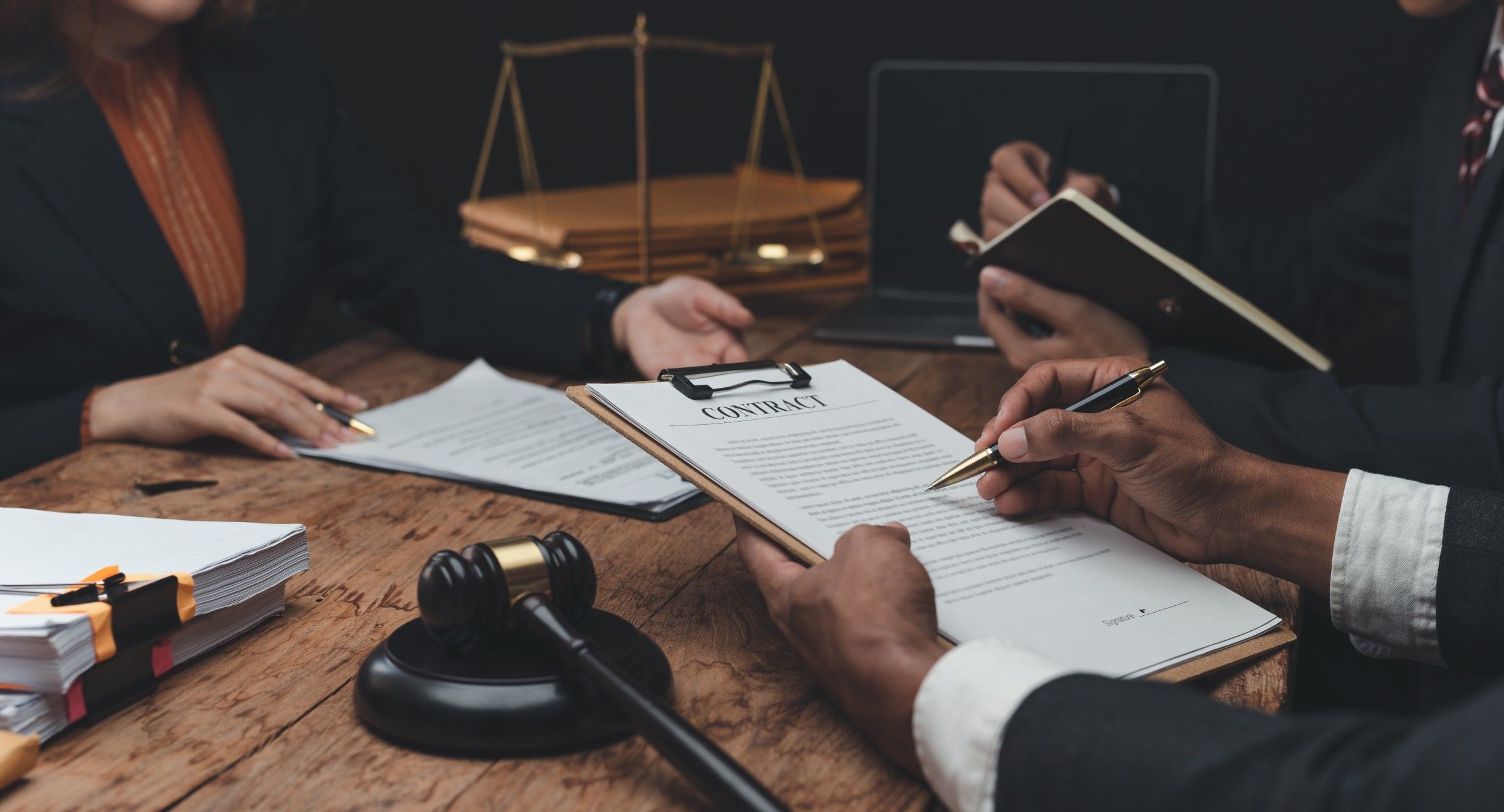How to Prepare for a Lawsuit

- Personal Injury

Lawsuits are unfamiliar territory for most people. If you’ve been wronged by someone else, initiating a lawsuit may be the only way to get the compensation you are owed, but it can feel like entering a strange new world full of complex procedures and bewildering rules. However, being ready for what lies ahead can reduce your stress level and greatly increase your chances of success.
While each case is as different as the human beings involved, here are some helpful tips on how to prepare for any lawsuit.
1. Speak to an Attorney
Trying to navigate all of the complexities of a lawsuit on your own is just setting yourself up for failure. You can make many mistakes without even realizing it, and they may irreparably harm your case. From the time you are injured, every day that goes by without consulting a lawyer increases the chances of making mistakes.
If you are worried about the expense, bear in mind that most plaintiffs' attorneys work on a contingency fee basis (meaning you only pay if you win). As a result, plaintiffs who have legal representation usually recover significantly more in damages.
2. Seek Treatment for Your Injuries
It may seem obvious, but many people will simply avoid going to a doctor for medical treatment when injuries aren't traumatic or life-threatening. Unfortunately, this can cause several problems. First, you can exacerbate your injuries. After a car accident, for example, you may have a neck injury and not realize it; returning to your normal routine or going back to work may worsen things.
It is also important that you create documentation for your injuries. Having records showing that you sought treatment for your injuries right away will make it easier to prove those injuries later.
3. Gather & Preserve Evidence
Take photos, write down people’s names and contact information, keep copies of paperwork, etc. Seemingly trivial information may later turn out to be critical evidence, so retain it all.
4. Stay Off of Social Media
Anything you post on social media can potentially be used against you later in ways you may not have anticipated. For instance, a photo of you smiling with friends taken a few weeks after your injury may be evidence that your injuries were not as bad as you claim. This also applies to text messages, as the defendant may subpoena these. You should avoid discussing your case with anyone besides your attorney and immediate family.
5. Be Prepared for a Lot of Waiting
Lawsuits typically happen on a timescale of months or even years, so be ready to settle in for the long haul. It may be financially challenging, especially if your injuries prevent you from working, and defendants may use this as leverage to force you to settle your case for less than it’s worth. Getting a fair result is often a test of endurance.
6. Know When to Settle
This may seem at odds with the previous piece of advice, but it’s important to recognize when it’s time to settle. Emotions can run high during a lawsuit, and sometimes both parties fixate on proving how wrong their opponent is rather than arriving at a resolution. Often the best thing you can do for yourself is to bring the whole thing to a close and move on. Trials can be long, exhausting, stressful and inherently unpredictable; even if you win, you’re probably not going to get an apology from the defendant. Be willing to entertain a settlement offer and discuss it with your attorney.
Get Started Today
Your first step in preparing for a lawsuit should always be meeting with a lawyer. Our personal injury specialists can evaluate your case and devise a plan to move forward without delay. Contact our office to schedule a free consultation.
